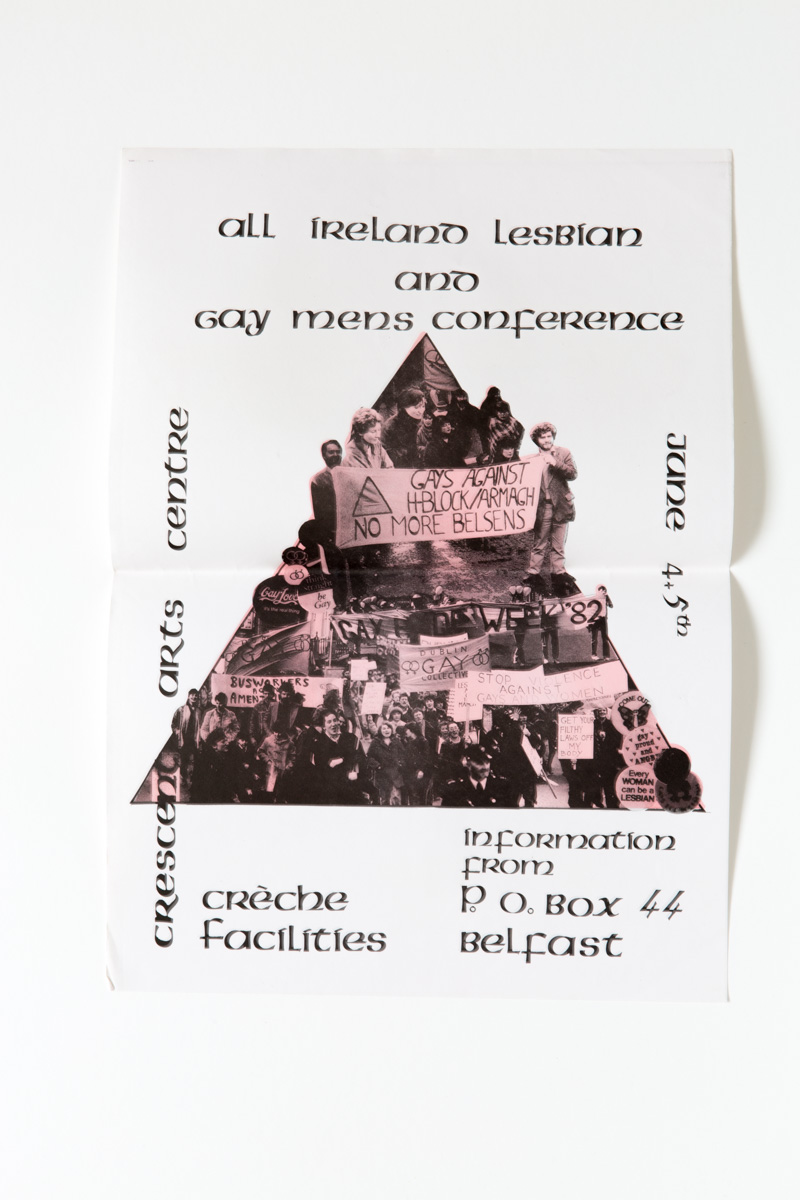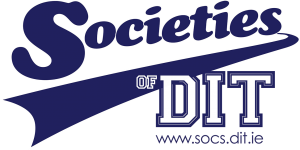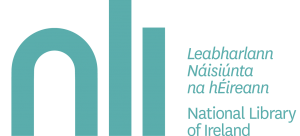
Strategy
This project requires the navigation of visual material through archives which are organised in different ways. Concerned with photography and ephemera, that both narrates the histories we are concerned with and which highlights the experiences of the communities involved, it was necessary for the research to take different forms. With state-run archives such as the Irish Queer Archive which have specific working methods it was important for the research to include semiotic representations of images as a method of highlighting the complexities of these institutions as opposed to the digitalising work being developed within The Cork LGBT Archive. Presenting the work through an online platform such as this website, offers the opportunity to celebrate a significant and still under-represented history while opening the research up as a resource to others with interest in the field. Image on the right courtesy of The Cork LGBT Archive (Photo, Josef Kovac).






